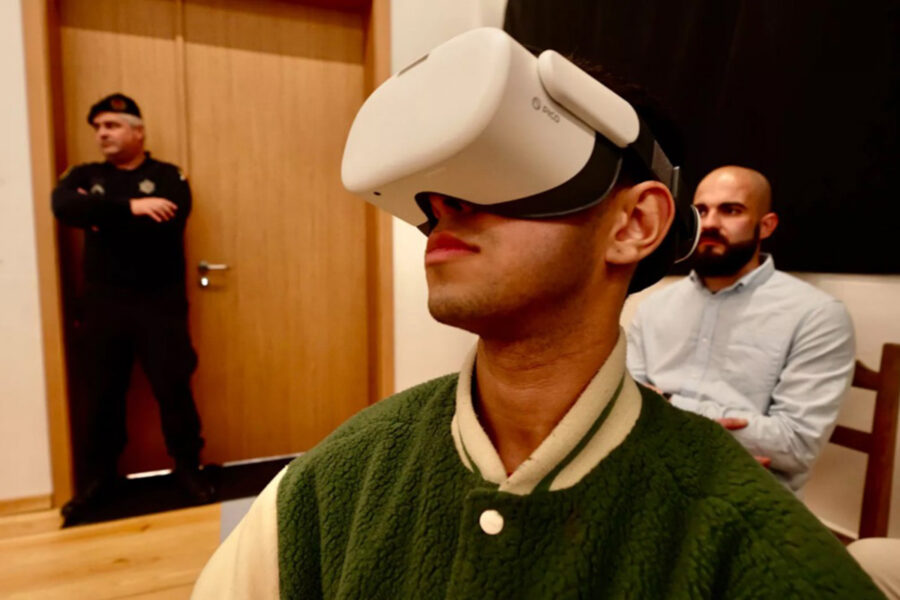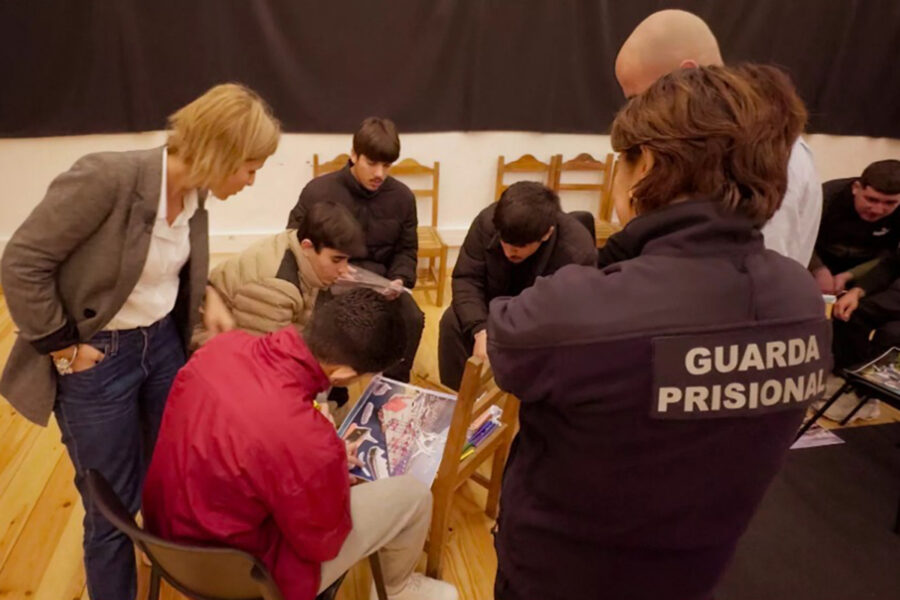Turning Blue, an EU-funded initiative that is running until August, demonstrates a proactive way for the seafood industry to address labour shortages, whilst also providing much wider benefits to society as a whole.
So-called blue economy jobs employ 3.5m people across the EU, but in many sectors – including fishing fleets that increasingly rely on foreign crews, as well as fish farming and processing – companies see the same difficulties in recruiting staff, particularly in more remote rural locations.
The Turning Blue project, being implemented across Portugal, the Netherlands, Romania, Cyprus and Italy, is actively targeting recruitment of young prison inmates – similar to the successful moves by Timpson, the high street chain that has forged a reputation across the UK for providing training to inmates whilst in prison, and then providing them with jobs on release.
“We see Turning Blue as a win-win project,” said Rita Lourenço, who leads the initiative at social innovation cooperative Aproximar. “It’s a win for the justice system because employment is key to breaking the cycle of reoffending. And it’s a win for the blue economy, which needs workers and is growing.
“The sector has many hands-on jobs in fishing, aquaculture and tourism that don’t require high qualifications,” she said. “That’s why we think these jobs could be suitable for these young people.”
The co-op works at Portugal’s only dedicated young offenders’ prison, where inmates are all aged 25 or below. Prior to release, inmates interested in a new career in the seafood industry are provided with virtual-reality experiences, presentations and meetings with industry professionals to give them a feel for working in industries across the sector.
The Turning Blue project can then provide additional support to inmates, before and after release, with additional mentoring, training and direct links to employers.

Portuguese seafood businesses in the sector are working with the project, embracing its approach. Two examples are SEAentia, a start-up finfish farmer in Peniche, and António Correia, an oyster grower. Both have struggled to find and recruit staff.
SEAentia is preparing to increase its staff from six to 30 over the next two years. While its operation requires some skilled technical workers, the growing inland aquaculture sector is also creating opportunities for entry-level positions in fish processing, packaging and sales – jobs that could be open to young former inmates. The hope is that many will find long-term careers, and take advantage of extra training and support to undertake technical qualifications and training.
Oyster farmer António Correia has already hired several former prisoners, and remains open to employing more. “Everyone deserves a second chance,” he said. “People who want to turn their lives around and who’ve been through hard times might actually value the opportunity more.”
The latest figures suggest that there are 87,726 people locked up in the UK’s overcrowded prisons. Of those, 3,354 are between the ages of 15 and 20, and 8,155 between 21 and 24. Could this be a way of addressing the shortage of crew in the UK fleet?
Getting to sea immediately after release would provide bed and board, removal from any temptations ashore and a wage packet at the end of the week, reducing the risk of the spiral of behaviour that saw these young people behind bars in the first place.
Details of the Turning Blue project can be seen here.
This story was taken from the latest issue of Fishing News. For more up-to-date and in-depth reports on the UK and Irish commercial fishing sector, subscribe to Fishing News here or buy the latest single issue for just £3.50 here.
Sign up to Fishing News’ FREE e-newsletter here.
Main image credit: Euronews








